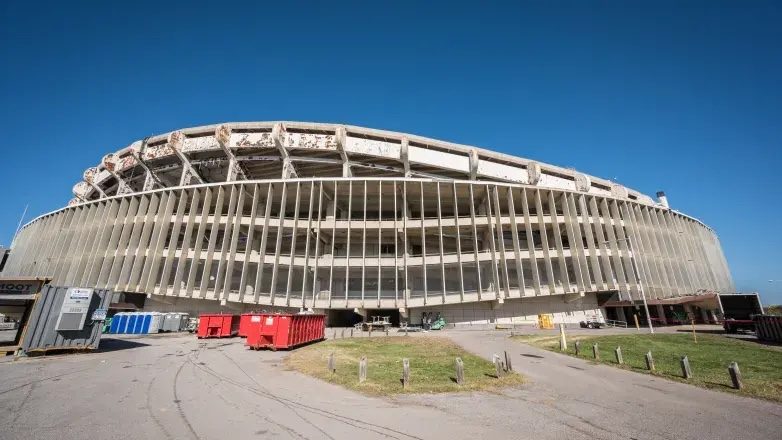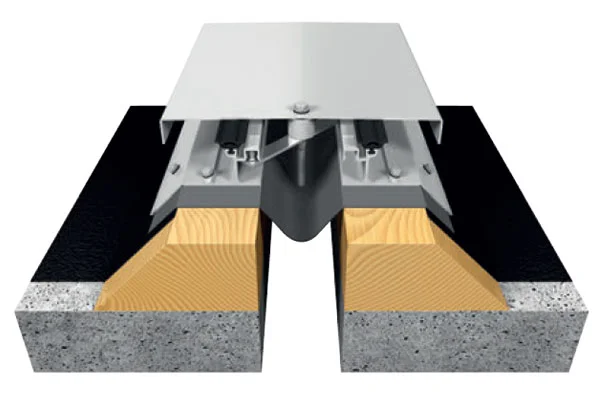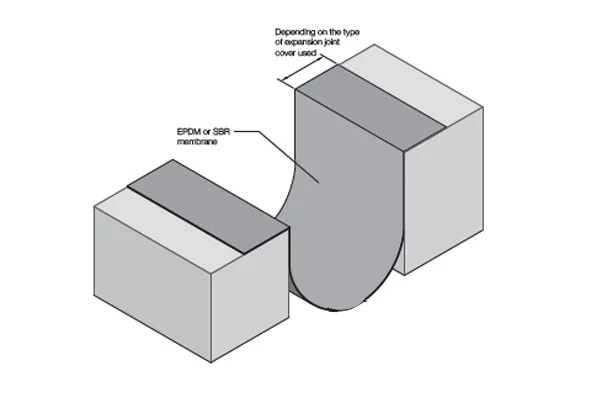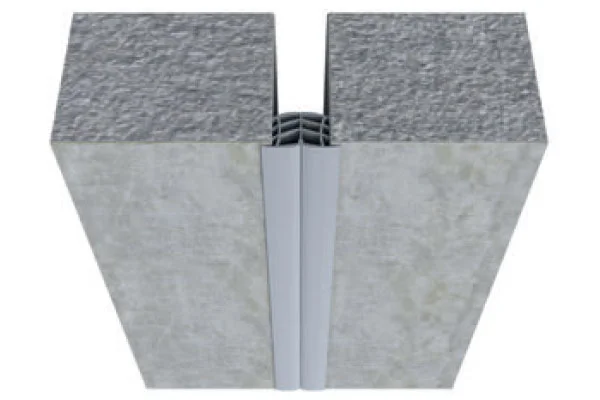
The District of Columbia Council has approved a plan to construct a new 65,000-seat stadium for the Washington Commanders National Football League team. To be located on a 180-acre campus adjacent to the Anacostia River, the $3.7-billion public-private partnership also calls for development of as many as 6,000 new housing units, entertainment and retail districts and recreational amenities.
No design or construction firms have been announced for the stadium, which District and team leaders say will be ready for the 2030 season and will be built to high standards of energy efficiency. District-owned RFK Stadium, the campus centerpiece since 1961 and the team’s former home, is currently undergoing demolition by Smoot Construction Co. According to local media reports, utility work for the new facility will get underway next spring, with groundbreaking ceremonies to be held after the site is cleared later in 2026.
The new stadium also faces multiple regulatory hurdles, including gaining approvals from the National Capital Planning Commission and the District’s Commission on Fine Arts.
The overall approved plan is largely the same as the proposal announced earlier this year, following a December 2024 act of Congress that transferred administrative control of campus from the National Park Service to the District government, eliminating longstanding restrictions that had stymied previous redevelopment efforts. Several DC Council members expressed concerns in the succeeding months regarding the District’s commitment to invest approximately $1 billion in the program at a time when its budget and operations are increasingly under pressure by Congress and the Trump Administration, and affordable housing is in short supply.
An amended version of the deal OK’d in August by the Council and the Commanders ensured a larger percentage of union labor and opportunities for the District to increase its long-term revenue from the program via taxes and other measures. Not all Council members were swayed, however. Numerous 11th-hour amendments were offered at the Council’s September 17 meeting, most of which were defeated. That led to the deal finally being approved by a vote of 11-2.
As the program’s master developer, the Commanders will lead construction of the stadium and other elements of the campus, which, aside from the aging stadium and a small District-owned sports complex, has been largely unused since the team decamped in 1996 to its current home in suburban Landover, Md. The District will fund stadium infrastructure, parking garages, utility work and a new recreation facility, as well as a transit study that could lead to increased access to the Metrorail system. In return, the District and Commanders will split revenue from stadium activities and the adjacent land uses.








